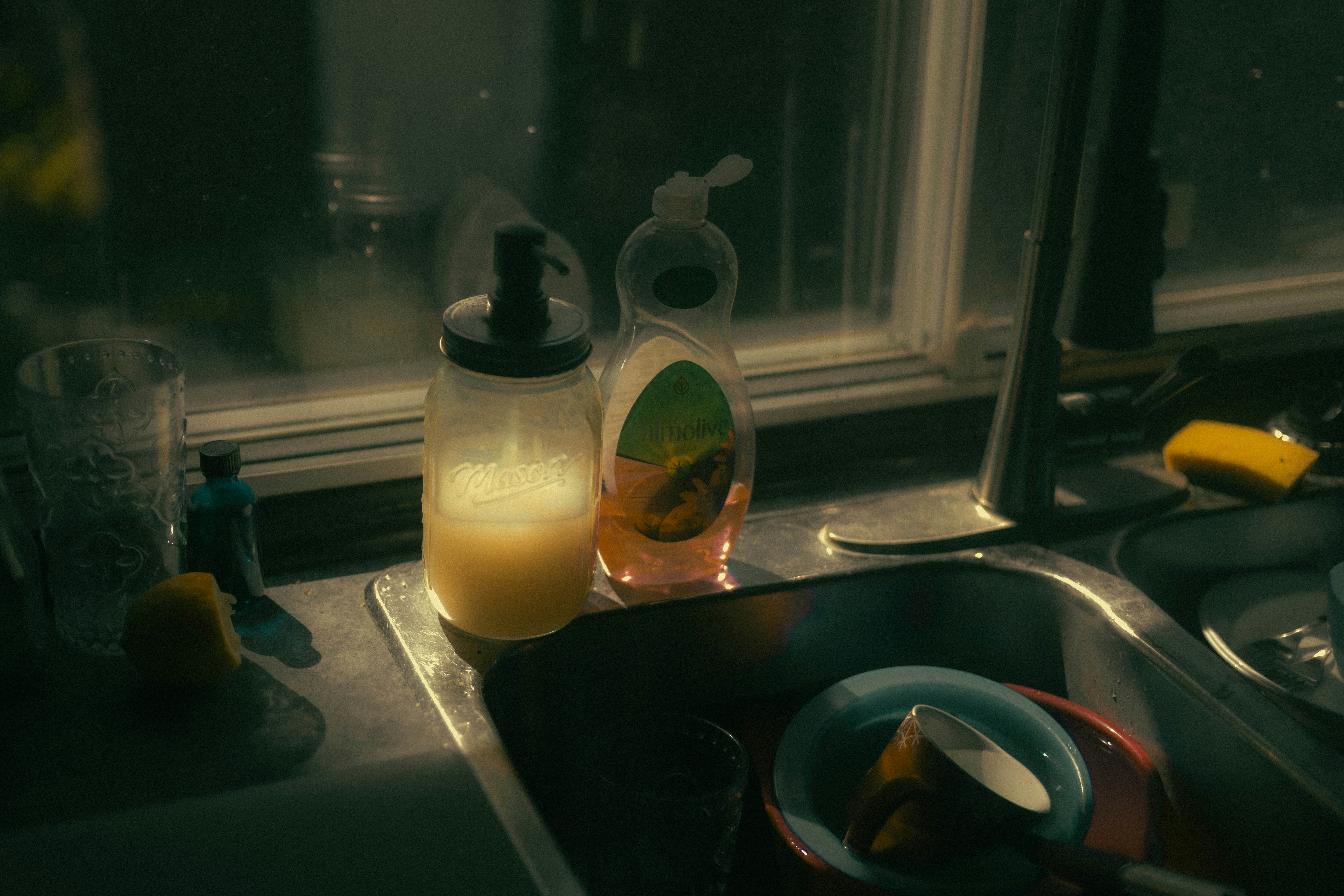Are My Emotions Facts?
Emotions are just emotions and thoughts are only thoughts. They are not always facts or truth. When I first heard this phrase, I got angry. “What do you mean my emotions/thoughts are only emotions and thoughts?! They are a part of me, so if ‘they’ don’t matter, maybe I don’t matter. I don’t know who I am without them!” Do you sense the spiraling? When we get caught into a loop, either with ourselves or with our partners, our narrative will take us from 0 to 60 so quickly that we oftentimes do not even realize it is happening. Avoiding the discomfort certainly ‘feels’ better than accepting the uncomfortable. Who would rather feel sadness, fear, or contempt over love or joy? Nevertheless, our feelings—even the uncomfortable ones, are useful. If we do not allow ourselves to go to those dark and difficult places, those emotions go somewhere. Ignoring our feelings and doing what Taylor Swift wants us to do in “Shake it Off” leaves us a victim to our own well-being.
Unhealthy Ways of Coping
Dr. Susan David describes several types of people who try to avoid or ‘unhook’ from the bad feelings. The first group she describes as ‘Bottlers’. Bottlers try to escape by pushing emotions to the side, shoving away unwanted feelings due to the discomfort, and rationalizing away negative feelings. The issue with Bottlers is that ignoring the troubling emotions does not address the root of whatever is causing them and secondly, trying to do or think something away only amplifies them. “Don’t think about the pink elephant.”
Another type of person who is trying to unhook from the difficult emotions are the Brooders. Brooders stew in their misery, stirring the pot. Brooding is related to worry. While worry looks forward, brooding looks back. Brooders attempt to solve their problems by “feeling their feelings” and being aware of their emotions. The issue here is that the emotions become more powerful, circling like a hurricane that energizes. This leads to exhaustion and unproductiveness.
The last unproductive way people cope with life’s stresses is to keep smiling. Wait! What? Yes, being overly cheerful can cause us to neglect real threats and dangers. This can lead to even riskier behaviors like drinking too much, binge eating, using drugs, or not using proper birth control. “The paradox of happiness is that deliberately striving for it is fundamentally incompatible with the nature of happiness itself.”
So How Should You Deal?
So what are we to do if we find ourselves wavering between any or all of these tendencies?
- Show up. Facing the scary demons and giving them a name oftentimes strips them of their power. Think about the fear that radiated throughout Hogwarts and the wizardly world in Harry Power. No one dared to speak Voldemort’s name for fear of repercussion. Let’s get off the hook. Have and acknowledge those troubling emotions and thoughts and live how we want to live.
- Treat yourself with self–compassion. Treat and talk to yourself like you would your best friend.
- Talk to a trusted therapist. He or she can help you reframe your narrative, drop the tug-of-war rope, and provide coping skills and tools for you to gain a different perspective on your life.
Resource Used: “Emotional Agility: Get Unstuck, Embrace Change, and Thrive in Work and Life” by Susan David, PhD.



